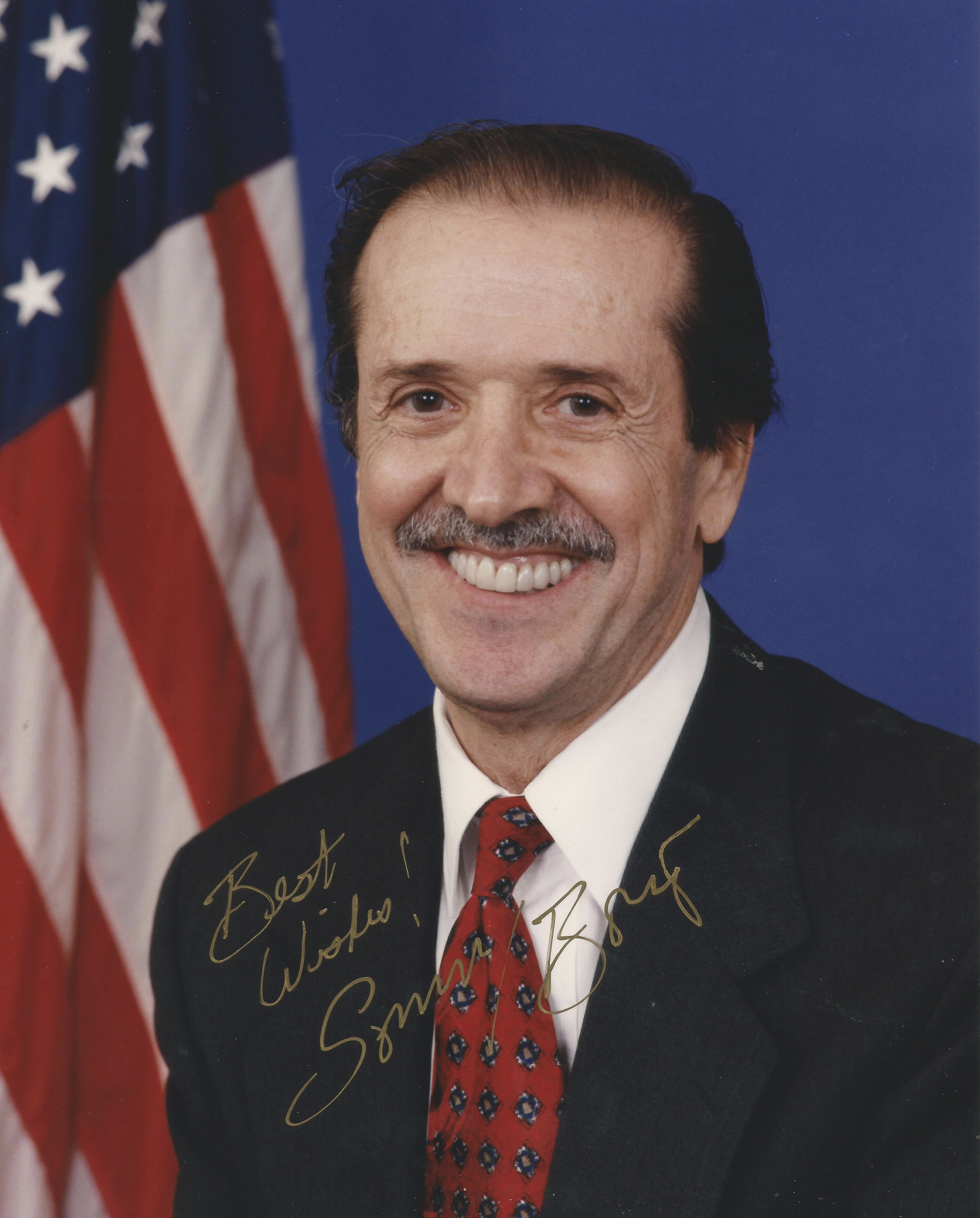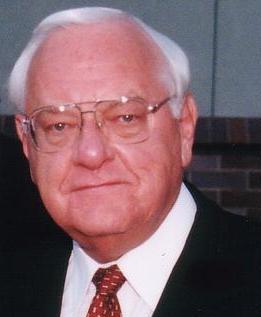
The Clinton–Lewinsky scandal was a sex scandal involving then-U.S. President Bill Clinton and 24-year-old White House intern Monica Lewinsky that took place in 1998. Their sexual relationship lasted between 1995 and 1997. Clinton ended a televised speech in late January 1998 with the statement that he "did not have sexual relations with that woman, Ms. Lewinsky". Further investigation led to charges of perjury and to the impeachment of Bill Clinton in 1998 by the U.S. House of Representatives. He was subsequently acquitted on all impeachment charges of perjury and obstruction of justice in a 21-day U.S. Senate trial.

The "Republican Revolution," "Revolution of '94," or "Gingrich Revolution" are political slogans that refer to the Republican Party (GOP) success in the 1994 U.S. mid-term elections, which resulted in a net gain of 54 seats in the House of Representatives, and a pick-up of eight seats in the Senate. On November 9, 1994, the day after the election, Senator Richard Shelby of Alabama, a conservative Democrat, changed parties, becoming a Republican; on March 3, 1995, Colorado Senator Ben Nighthorse Campbell switched to the Republican side as well, increasing the GOP Senate majority.

The Michigan Legislature is the legislature of the U.S. state of Michigan. It is organized as a bicameral body composed of an upper chamber, the Senate, and a lower chamber, the House of Representatives. Article IV of the Michigan Constitution, adopted in 1963, defines the role of the Legislature and how it is to be constituted. The chief purposes of the Legislature are to enact new laws and amend or repeal existing laws. The Legislature meets in the Capitol building in Lansing.

The 1998 Australian federal election was held to determine the members of the 39th Parliament of Australia. It was held on 3 October 1998. All 148 seats of the House of Representatives and 40 seats of the 76-seat Senate were up for election. The incumbent centre-right Liberal/National Coalition government led by Prime Minister John Howard of the Liberal Party and coalition partner Tim Fischer of the National Party defeated the centre-left Australian Labor Party opposition led by Opposition Leader Kim Beazley, despite losing the nationwide popular and two-party preferred vote.

The 1998 United States Senate elections were held on November 3 and seen as an even contest between the Republican Party and Democratic Party. While the Democrats had to defend more seats up for election, Republican attacks on the morality of President Bill Clinton failed to connect with voters and anticipated Republican gains did not materialize. The Republicans picked up open seats in Ohio and Kentucky and narrowly defeated Democratic incumbent Carol Moseley Braun (Illinois), but these were cancelled out by the Democrats' gain of an open seat in Indiana and defeats of Republican Senators Al D'Amato and Lauch Faircloth. The balance of the Senate remained unchanged at 55–45 in favor of the Republicans.

The 1998 United States House of Representatives elections were part of the midterm elections held during President Bill Clinton's second term. They were a major disappointment to the Republicans, who were expecting to gain seats due to the embarrassment Clinton suffered during the Monica Lewinsky scandal, and the "six-year itch" effect observed in most second-term midterm elections. However, the Republicans lost five seats to the Democrats, but retained a narrow majority in the House. A wave of Republican discontent with Speaker Newt Gingrich prompted him to resign shortly after the election; he was replaced by Congressman Dennis Hastert of Illinois.

The Eleventh Congress of the Philippines is the meeting of the national legislature of the Republic of the Philippines, composed of the Philippine Senate and House of Representatives. The convening of the 11th Congress followed the 1998 elections, which replaced half of the Senate membership, and the entire membership of the House of Representatives. The Estrada impeachment was the highlight of the 11th Congress.

The 2006 congressional elections in Wisconsin were held on November 7, 2006, to determine who would represent the state of Wisconsin in the United States House of Representatives. Representatives were elected for two-year terms; those elected served in the 110th Congress from January 3, 2007, until January 3, 2009. The election coincided with the 2006 U.S. senatorial election and the 2006 Wisconsin gubernatorial election.

The 1998 Ohio gubernatorial election was held on November 3, 1998. Incumbent Republican Governor of Ohio George Voinovich could not seek a third term as Governor due to term limits, and ran for the United States Senate instead. To replace him, former Attorney General of Ohio Lee Fisher and Ohio Secretary of State Bob Taft won the Democratic and Republican primaries, respectively. Taft and Fisher faced off in a highly competitive general election, and in the end, Taft beat out Fisher by a narrow margin, making this gubernatorial election one of Ohio's closest.

The 1998 United States elections were held on November 3, 1998 in the middle of Democratic President Bill Clinton's second term. Though Republicans retained control of both chambers of Congress, the elections were unusual in that the president's party gained seats in the House of Representatives.

The 1998 United States Senate election in Ohio was held November 3, 1998. It was concurrent with elections to the United States House of Representatives. Incumbent Democratic U.S Senator John Glenn decided to retire, instead of seeking a fifth term. Republican Governor George Voinovich won the open seat.

The 2010 United States House of Representatives elections in Oregon were held on November 2, 2010, to determine who would represent the state of Oregon in the United States House of Representatives. Oregon has five seats in the House, apportioned according to the 2000 United States Census. All five incumbents, four Democrats and one Republican, were re-elected to another term. Representatives were elected for two-year terms to serve in the 112th Congress from January 3, 2011 until January 3, 2013; however, re-elected Congressman David Wu resigned partway through his term on August 3, 2011, and a special election was held to fill the rest of his unexpired term.

The 1998 New Mexico gubernatorial election was a contest to elect the next Governor of New Mexico. The winner of the election would serve a term from January 1, 1999 until January 1, 2003. Incumbent Republican Governor Gary Johnson was re-elected to a second term. As of 2019, this is the last time a non-Hispanic was elected Governor of New Mexico.

The 1998 Illinois gubernatorial election took place on November 3, 1998. Incumbent Republican Governor Jim Edgar did not run for a third term in office. Republican nominee George Ryan, the Illinois Secretary of State, narrowly won the election against Democratic Congressman Glenn Poshard.

The 1998 congressional elections in Maryland were held on November 3, 1998, to determine who will represent the state of Maryland in the United States House of Representatives. Maryland has eight seats in the House, apportioned according to the 1990 United States Census. Representatives are elected for two-year terms; those elected served in the 106th Congress from January 3, 1999 until January 3, 2001.

A general election was held in the U.S. state of Vermont on November 5, 2002. All of Vermont's executive officers were up for election as well as Vermont's at-large seat in the United States House of Representatives.

A general election was held in the U.S. state of Vermont on November 2, 2004. All of Vermont's executive officers were up for election as well as Vermont's at-large seat in the U.S. House and Class 3 U.S. Senate seat. The 2004 presidential election was also held at the same time.
Greg Morris is an American politician from Georgia. Morris is a former Democratic member and a former Republican member of Georgia House of Representatives.

The 2022 Texas House of Representatives elections will be held on November 8, 2022, to elect representatives from all 150 House of Representatives districts across the U.S. state of Texas. It will be held alongside numerous other federal, state, and local elections, including the 2022 Texas State Senate election. The winners of this election will serve in the Eighty-eighth Texas Legislature.

















